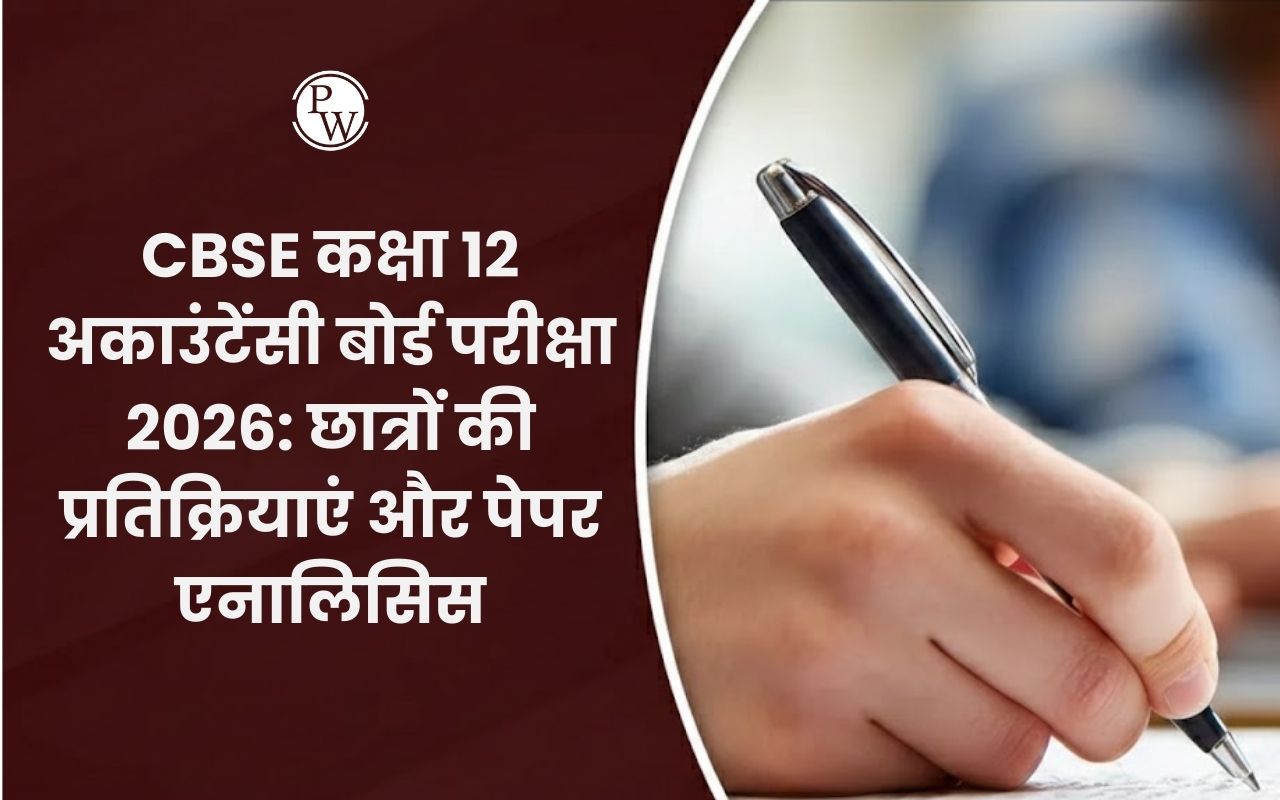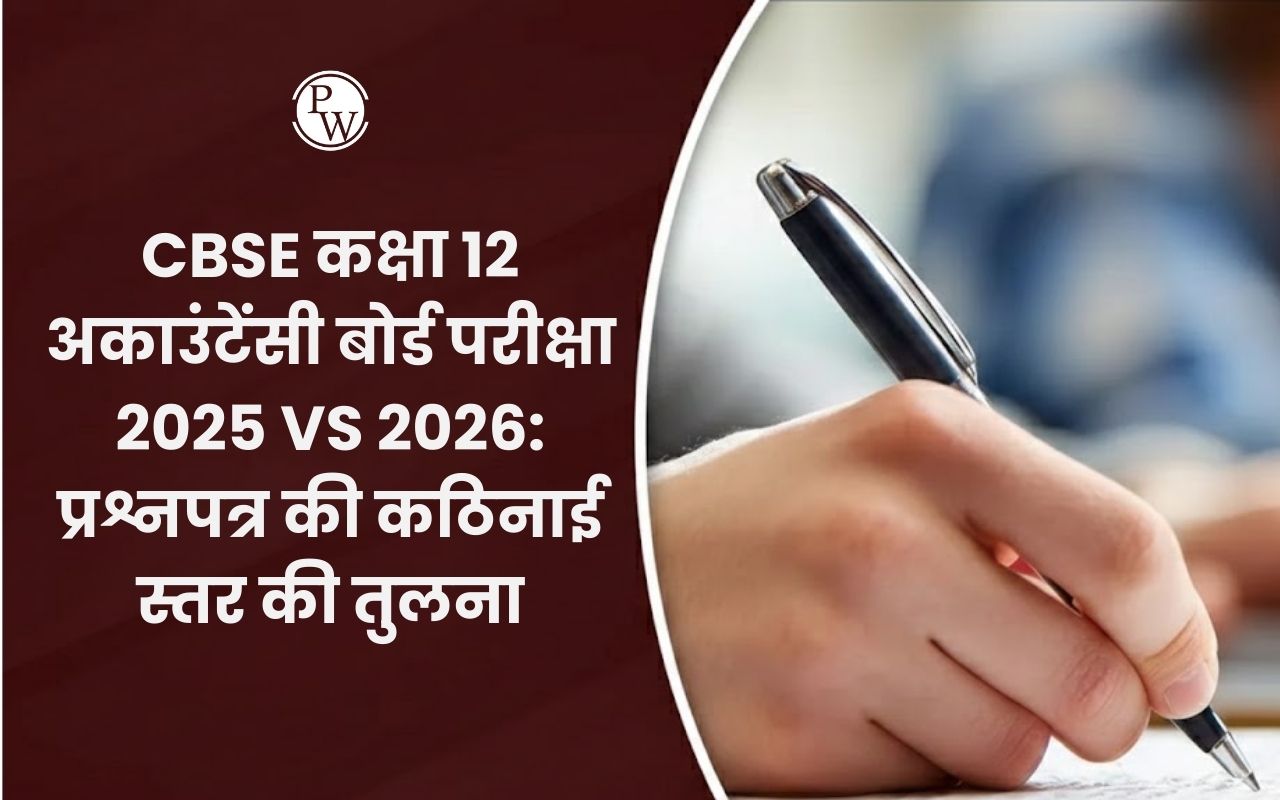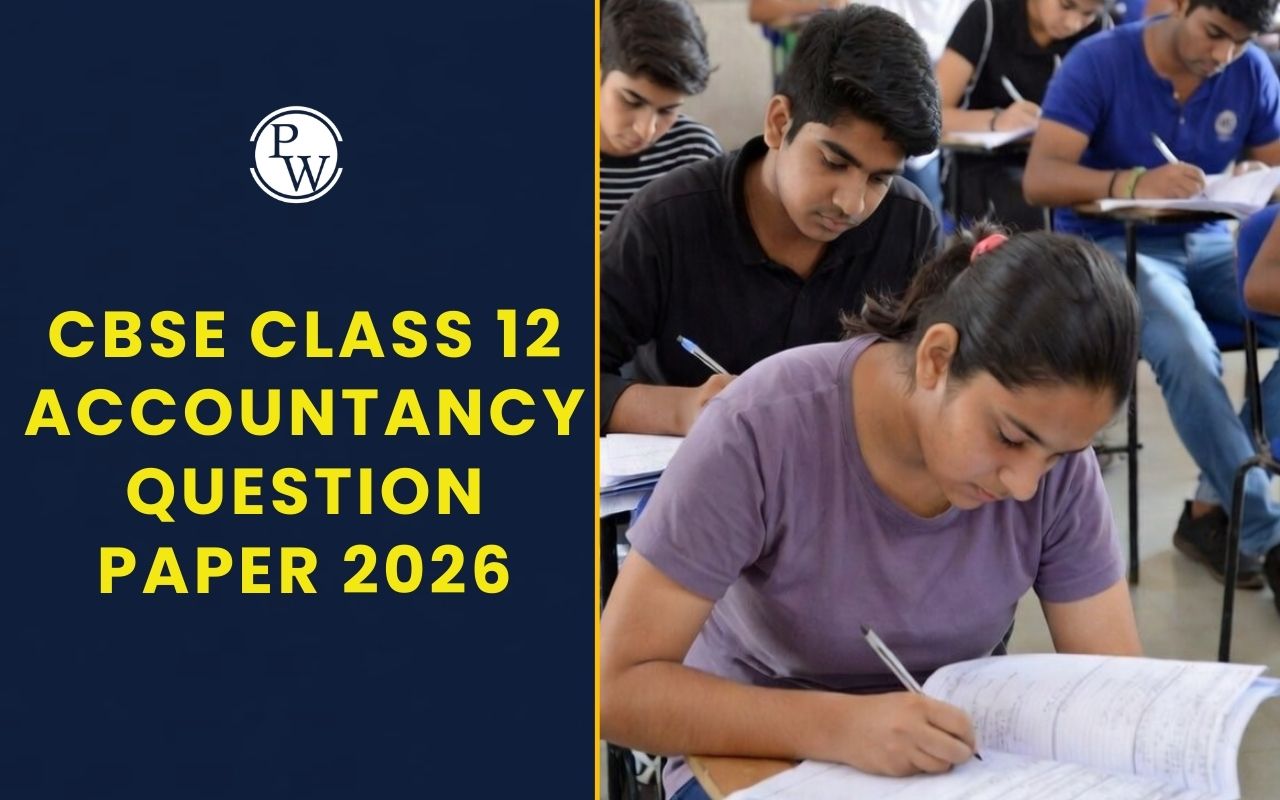
The government deficit implies the gap between the government’s spending and its revenues. There are three sorts of government deficits, including Revenue Deficit, Fiscal Deficit, and Primary Deficit.
Such circumstances that might result in fiscal deficit include high growth in per capita spending or revenue shortfall. It represents the degree of efficiency in the government’s financial management.Fiscal Deficit Meaning
A fiscal deficit is a difference between a government's revenue and its expenditure. The government that has a budgetary deficit is overspending. This deficit is expressed as a percentage of GDP, or simply as total dollars spent in excess of revenue. In any situation, the income amount includes just taxes and other receipts and does not include money borrowed to make up the difference. Fiscal debt and deficit are not the same thing. The former refers to the entire debt amassed as a result of years of deficit spending. It is also distinct from fiscal imbalance, which is defined as the disparity between future debt commitments and income sources.Fiscal Deficit Formula
The fiscal deficits are determined by subtracting the government's total income in a fiscal year from its total expenditures during the same time. It may be expressed mathematically as follows: Fiscal Deficit= Total Expenditure - Total Revenue (Excluding Borrowings) It is prevalent in all economies, but fiscal surpluses are uncommon. A large budget deficit is not necessarily negative for the economy. It is preferable if the funds are utilized to build roads, trains, and airports, among other things. After a given time, they contribute to the government's income.Components of Fiscal Deficit
The fiscal deficit is made up of two parts: revenue and expenditure. In the following lines, the components are briefly discussed:Components of the government's overall revenue:
These are made up of two variables: revenue earned from different taxes such as GST, union territory taxes, custom charges, corporate tax, and so on. They are collected by the centre as well as non-tax income such as dividends and profits, interest payments, and other non-tax revenues.Expenditure components:
Government spending includes both capital and revenue expenditures such as wage and pension payments, grants for capital asset building, infrastructure, healthcare, and interest payments.Positives and Negatives of Fiscal Deficit
Fiscal Deficit carries both positive and negative implications, each influencing a nation's economic well-being. Below we have provided the positives and negatives of it:Positives:
Increased Government Expenditure: It allows the government to raise expenditure on public services, infrastructure, and other critical sectors that may drive economic development. Finances Public Investments: The government may use it to fund long-term investments such as infrastructure projects. Employment Creation: Increased government expenditure may lead to job creation, which can assist decrease in unemployment and raise living standards.Negatives:
Increased Debt Burden: A continual big fiscal deficit would result in government borrowing rising, consequently, the future generations would have to service the debt. Inflationary Pressure: Such a situation may result in growing money supply and inflation, thereby diminishing the buying power of the general populace. Crowding out Private Investment: As a consequence, the government may be compelled to borrow excessively so rising interest rates restrict private sector credit acquisition thus crowding out private investment. Balance of Payments Issues: When a government has huge budget deficits, it may have to borrow overseas, depleting foreign currency reserves and possibly placing pressure on the balance of payments.Causes of Fiscal Deficit
A fiscal deficit arises when the overall costs of a government exceed the total receipts. This may occur for a number of causes, including-Increased Government Spending:
When the government raises expenditures on programs or projects, the deficit may expand if income does not grow at the same amount.Reduced Revenue:
A loss in income, such as a fall in tax revenues or a decrease in natural resource revenue, may also lead to a bigger deficit.Economic Recessions:
During an economic downturn, government income may fall while spending rise, resulting in a larger deficit.Natural Disasters or War:
War or natural catastrophe expenditures may also lead to a bigger deficit since the government may need to boost spending to solve these situations.Social Security:
A nation with numerous social assistance programs that are costly to administer may also have a greater deficit.Debt Interest:
A government may also have to pay hefty interest on its debt, which may add to a larger deficit.How Government Tackles Fiscal Deficit
To balance the fiscal deficit, the government borrows cash equivalent to the fiscal deficit for that year. It borrows money via the issuance of bonds. Banks purchase these bonds and then resell them to investors. Such are normally identified as government bonds and are considered a secure form of investment. Therefore, they are safe investments.| Read Related Topics | |||
| Non-Current Liabilities | Money Measurement Concept | What is Import Trade | Open Market Operations |
| Financial Ratio | Place and Place Mix | Returns to Scale | Advantages of Internal Audit |
Fiscal Deficit FAQs
What is the primary deficit?
This deficit is essentially the fiscal deficit minus interest paid on government debt.
Debt-to-GDP ratio — What is it?
One crucial metric of fiscal health is the debt-to-GDP ratio that displays the government debt compared to the country’s economic productivity.
What is the significance of a balanced budget?
A balanced budget helps maintain fiscal stability and prevents excessive debt accumulation.
What is deficit financing?
Deficit financing involves borrowing to cover a fiscal deficit, often used to stimulate economic growth.
How does a trade deficit relate to the fiscal deficit?
A trade deficit is a separate concept, representing a shortfall in a country's exports compared to its imports, while a fiscal deficit pertains to government finances.
Talk to a counsellorHave doubts? Our support team will be happy to assist you!

Check out these Related Articles
Free Learning Resources
PW Books
Notes (Class 10-12)
PW Study Materials
Notes (Class 6-9)
Ncert Solutions
Govt Exams
Class 6th to 12th Online Courses
Govt Job Exams Courses
UPSC Coaching
Defence Exam Coaching
Gate Exam Coaching
Other Exams
Know about Physics Wallah
Physics Wallah is an Indian edtech platform that provides accessible & comprehensive learning experiences to students from Class 6th to postgraduate level. We also provide extensive NCERT solutions, sample paper, NEET, JEE Mains, BITSAT previous year papers & more such resources to students. Physics Wallah also caters to over 3.5 million registered students and over 78 lakh+ Youtube subscribers with 4.8 rating on its app.
We Stand Out because
We provide students with intensive courses with India’s qualified & experienced faculties & mentors. PW strives to make the learning experience comprehensive and accessible for students of all sections of society. We believe in empowering every single student who couldn't dream of a good career in engineering and medical field earlier.
Our Key Focus Areas
Physics Wallah's main focus is to make the learning experience as economical as possible for all students. With our affordable courses like Lakshya, Udaan and Arjuna and many others, we have been able to provide a platform for lakhs of aspirants. From providing Chemistry, Maths, Physics formula to giving e-books of eminent authors like RD Sharma, RS Aggarwal and Lakhmir Singh, PW focuses on every single student's need for preparation.
What Makes Us Different
Physics Wallah strives to develop a comprehensive pedagogical structure for students, where they get a state-of-the-art learning experience with study material and resources. Apart from catering students preparing for JEE Mains and NEET, PW also provides study material for each state board like Uttar Pradesh, Bihar, and others
Copyright © 2026 Physicswallah Limited All rights reserved.









